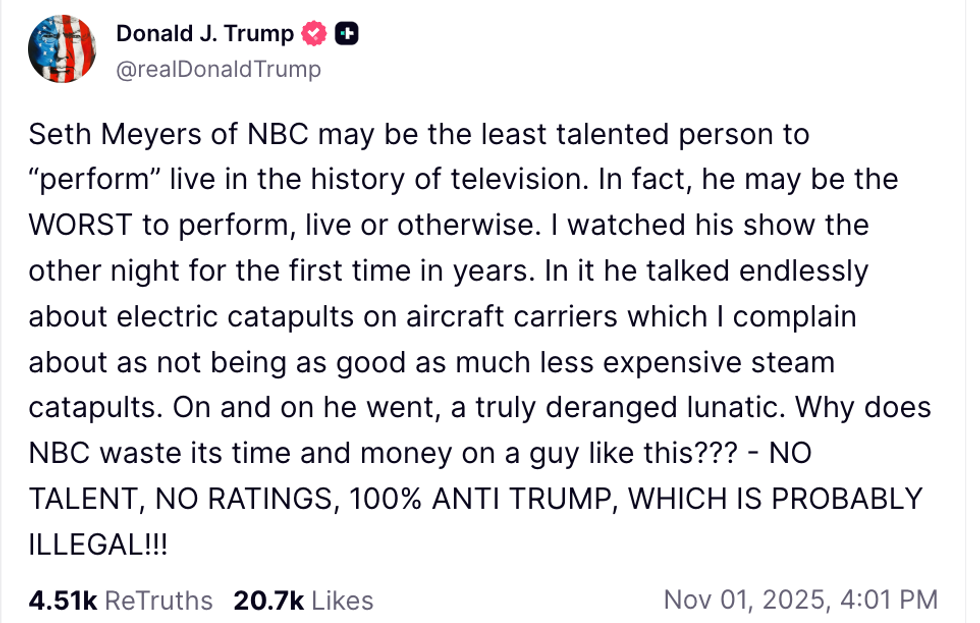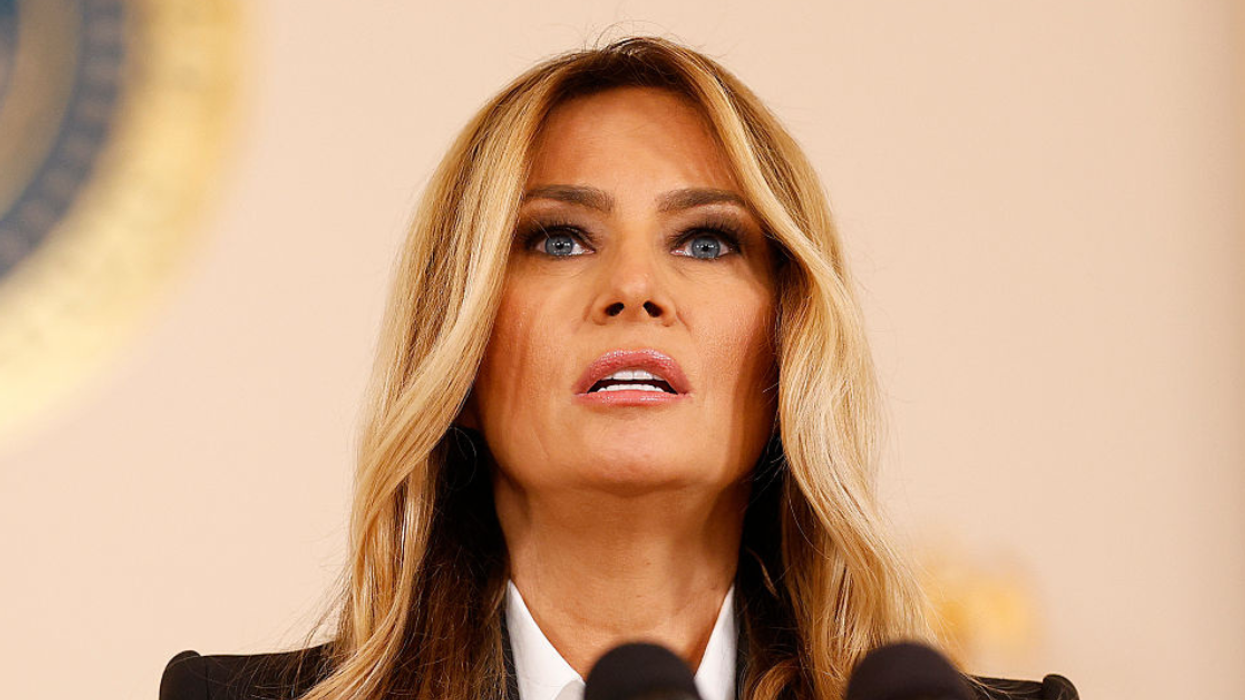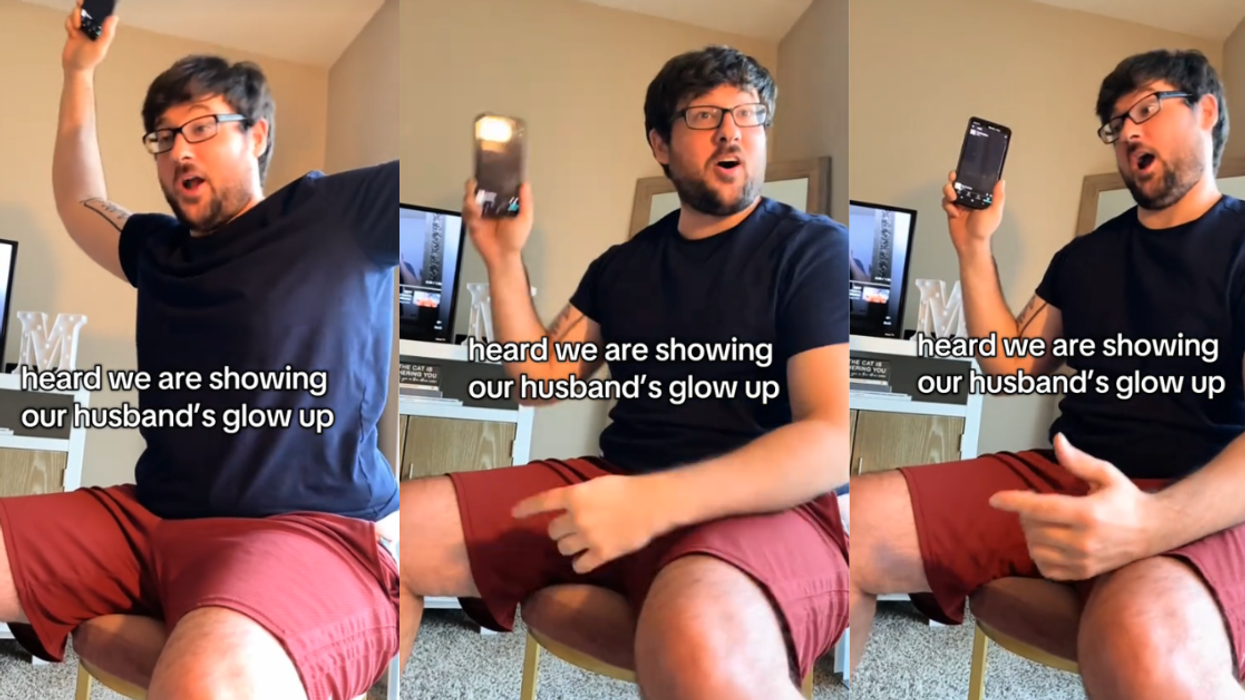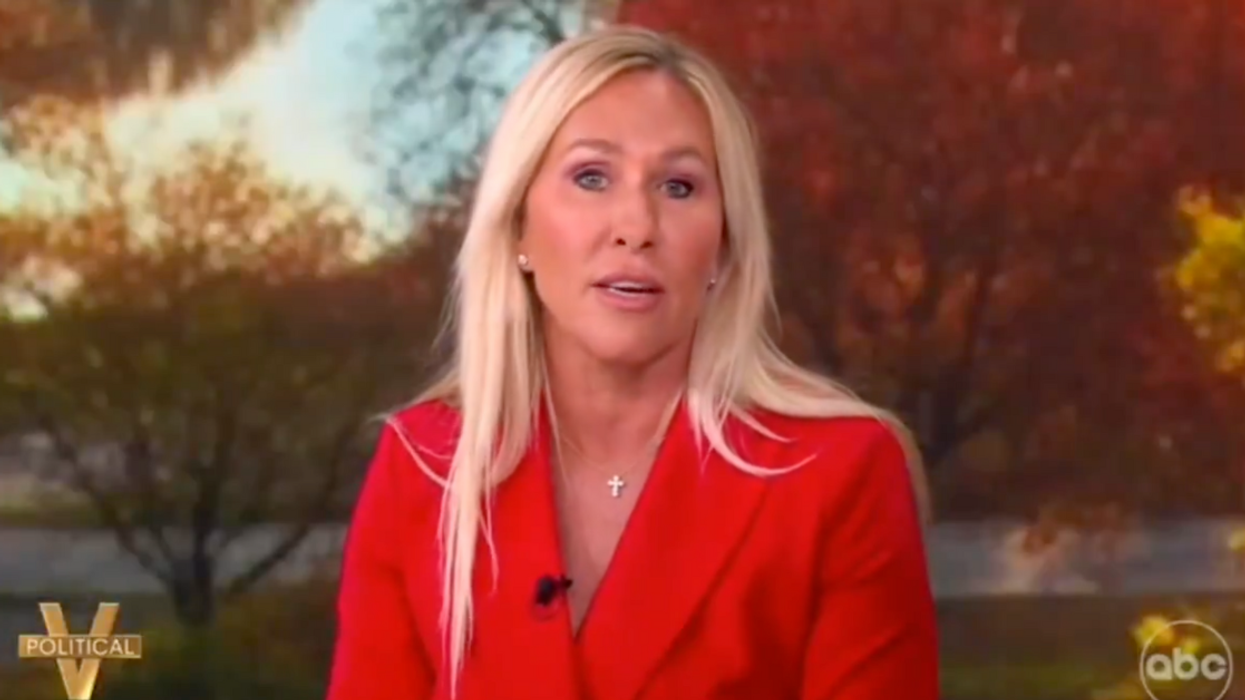The South Carolina Fourth Circuit court has ruled in favor of Anderson Mill Elementary School, a public school in Moore, SC, for disincluding a student's pro-trans inclusion essay in a school publication, calling the subject "not age appropriate."
Principal Elizabeth Foster initially rejected the student's essay on the basis that its content "make other parents upset … due to the type of school this is, the people that work here and the students and families of the students that go here."
The student's essay (in part) read:
"I don't know if you know this but peoples view on Transgenders is an issue. People think that men should not dress like a woman, and saying mean things. They think that they are choosing the wrong thing in life. In the world people can choose who they want."
Foster told the student's mother that the essay would be rejected because it was "not age-appropriate to discuss transgenders, lesbians and drag queens outside of the home," and suggested that the student change their subject to bullying instead.
The family then took the matter to court, claiming that Anderson Mill and Foster violated the child's first amendment right to free speech by blocking the essay, and that Foster caused the child and parent emotional harm.
Unfortunately, U.S. Circuit Judge Stephanie Thacker (Fourth Circuit) rejected the claim and sided with the school.
Pointing to a precedent set by a 1988 case Hazelwood School District v. Kuhlmeier, in which the court ruled that a school could censor its students for anything "reasonably related to legitimate pedagogical concerns," which in this case seems to include learning about anti-trans prejudice.
The school's argument that they "need to be able to account for the emotional maturity level of the intended audience" was accepted by Thacker, though she did raise concerns surrounding the "pedagogical efficacy of shielding fourth graders from topics like sexuality and gender identity."
"Fourth graders can understand the basic principle of treating all people with dignity and respect, including a grandparent who also happens to be transgender," said Paul D. Castillo, a lawyer and students' rights activist with pro-LGBTQ+ legal group Lambda Legal.
"Even the youngest elementary school student can grasp the anti-bullying concept that 'hate hurts.'"
Thacker's decision to allow the censorship to stand was a little less explicit surrounding the actual content.
"Principal Foster's initial refusal to include [the student's] essay in the fourth grade class's essay booklet was actuated at least in part by her concern that the essay's topic was 'not age appropriate' for fourth graders."
The other two sitting judges, Paul V. Niemeyer, appointed by George H.W. Bush, and Judge J. Harvie Wilkinson, appointed by Ronald Reagan, did not offer a dissenting opinion.
However, the fight may not be over for the student and her parents. According to Castillo, similar cases have found that there is nothing "inherently age-inappropriate about speaking in support of an LGBTQ family member." The student's grandfather, in this case, is reportedly gay and an activist.
Castillo also says that the school publishing these essays removes their ability to completely censor the topic.
"We call that a public forum, or at least a limited one, where you're inviting them to speak...in that case the regulation the school can do is only the time, place and manner, but not under a particular viewpoint."
It is unclear if the family will pursue the case further.








 @realDonaldTrump/Truth Social
@realDonaldTrump/Truth Social





 @rootednjoyy/TikTok
@rootednjoyy/TikTok @rootednjoyy/TikTok
@rootednjoyy/TikTok @rootednjoyy/TikTok
@rootednjoyy/TikTok @rootednjoyy/TikTok
@rootednjoyy/TikTok @rootednjoyy/TikTok
@rootednjoyy/TikTok @rootednjoyy/TikTok
@rootednjoyy/TikTok @rootednjoyy/TikTok
@rootednjoyy/TikTok @rootednjoyy/TikTok
@rootednjoyy/TikTok @rootednjoyy/TikTok
@rootednjoyy/TikTok @rootednjoyy/TikTok
@rootednjoyy/TikTok @rootednjoyy/TikTok
@rootednjoyy/TikTok @rootednjoyy/TikTok
@rootednjoyy/TikTok @rootednjoyy/TikTok
@rootednjoyy/TikTok @rootednjoyy/TikTok
@rootednjoyy/TikTok
 @rootednjoyy/TikTok
@rootednjoyy/TikTok @rootednjoyy/TikTok
@rootednjoyy/TikTok @rootednjoyy/TikTok
@rootednjoyy/TikTok @rootednjoyy/TikTok
@rootednjoyy/TikTok @rootednjoyy/TikTok
@rootednjoyy/TikTok @rootednjoyy/TikTok
@rootednjoyy/TikTok @rootednjoyy/TikTok
@rootednjoyy/TikTok @rootednjoyy/TikTok
@rootednjoyy/TikTok @rootednjoyy/TikTok
@rootednjoyy/TikTok @rootednjoyy/TikTok
@rootednjoyy/TikTok
 @BarryMu38294164/X
@BarryMu38294164/X
